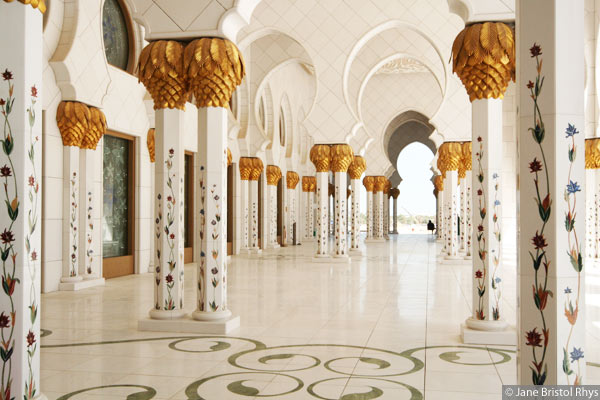 With very little fanfare, a significant change has occurred in the United Arab Emirates in the past months. Emirati women who marry non-citizens may now expect that their children will receive the full rights and benefits of citizenship.
With very little fanfare, a significant change has occurred in the United Arab Emirates in the past months. Emirati women who marry non-citizens may now expect that their children will receive the full rights and benefits of citizenship.
Sounds like a trifling? Perhaps, but to women here, and I suspect in other Arab-Muslim countries where the same rule has applied, it is a very big deal because it essentially levels the playing field. Emirati men have long married foreign women and the children of those unions were citizens automatically, while Emirati women who married non-Emiratis found that their children had no rights in the UAE as they were not citizens.
This is significant in the very wealthy UAE for several reasons. Being a citizen means receiving state benefits: free education through university studies, free health care, land and money for homes, the occasional wiping out of personal debt, pensions, subsidized utilities, preferred employment opportunities, and a host of other economic niceties that make citizenship incredibly valuable. An Emirati woman who married, say, a British Muslim, would lose some of those benefits herself and see her children denied all of them, even if the family resided in the UAE and nowhere else. Considering the very high divorce rate that is prevalent in the UAE, this could mean that an Emirati woman might have to raise her non-citizen children in her own country without any support other than that of her family.
The change is socially significant as well. Emiratis are a minority population in the UAE — even South Asians working in the country outnumber them – and there is great angst about this minority status. It seems only logical that someone should (finally) think through the issue and decide that the children of all Emiratis should be considered citizens. There is a very clamorous public discourse about the presumed/perceived erosion of identity among Emiratis and much of that discourse swirls around the fact that Emirati children are growing up without learning Arabic properly, especially the local dialect. This is typically blamed on ‘foreign mothers’ and maids. Statistics are hard to come by on domestic issues, but it does seem that if you want your children to grow up speaking Emirati Arabic, then having an Emirati mother is a good place to start.
What’s the reaction so far? Muted, I would say. Informal interviews and discussions with young, unmarried Emirati women indicate that the preferred marriage partner is still an Emirati for a myriad of cultural and family reasons but, as most said, it is about time that they were given an option. One rather feisty participant made the comment that ‘Emirati women have always had competition and it’s about time that Emirati men did too.’ Perhaps, but it may well be that marrying out will be considered marrying down for some time yet for a culture that has long practiced hypergamy.